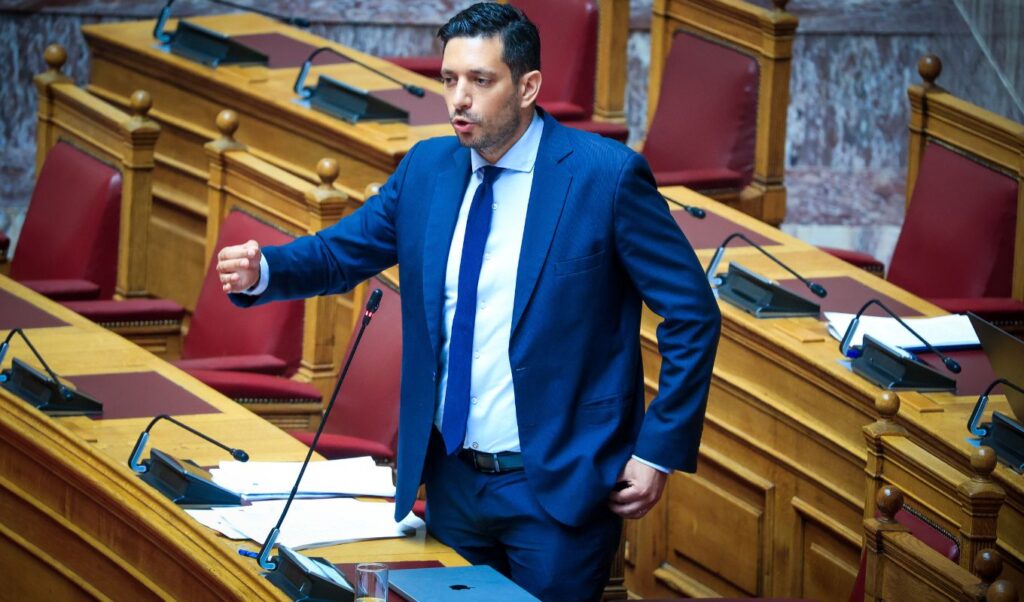Deputy Minister Konstantinos Kyranakis outlined the Ministry of Transport’s plans for railways, metro and buses, emphasizing that by August 2026 the Athens-Thessaloniki line will have complete double infrastructure and all modern safety systems. He made particular reference to the new geolocation system already installed on trains, with more than 60 test runs completed, noting that it offers five-centimeter accuracy and clear detection capability even on double tracks.
“It has been tested, it works and has been installed at the Acharnes Telecontrol Center,” he noted, adding that its operation is monitored by experienced staff, while recruitment and training of new employees has also been planned.
Moreover, he stated that by the end of August the system will have been installed on all trains, that is, on 168 rolling stock units, characteristically emphasizing: “Let us never again have blind trains in Greece.”
Safety and 24-hour monitoring
The deputy minister, speaking on ERT, stressed that this is a critical safety valve, as the system allows 24-hour monitoring of the entire network from the supervision center.
As he said, “if two trains end up on the same track due to human error, someone will see it and prevent it.”
Regarding the ECTS system on the Athens-Thessaloniki line, he noted that works are progressing, even in areas of Thessaly that were affected by storm Daniel.
Air conditioning in the metro
Referring to the absence of air conditioning in metro trains, especially during summer months, Mr. Kyranakis mentioned that out of 52 trains, 32 have normal air conditioning, while the remaining 20 – ordered by PASOK in 2000 – do not.
“Someone decided then to order wagons worth millions without air conditioning,” he said. In contrast, the 2012-2013 trains are equipped with modern systems.
As he clarified, old trains can acquire air conditioning, however this is a process that requires their temporary withdrawal from the network, which may affect service frequency.
He declared his determination to provide a solution before next summer, so that passengers do not again experience conditions of unbearable heat.
The deputy minister noted that in cooperation with Deputy Prime Minister Kostis Hatzidakis, a funding proposal has already been submitted to the European Social Fund for the procurement of new trains with modern equipment and air conditioning.
Bus fleet renewal
Mr. Kyranakis also referred to buses, announcing that by autumn half the fleet will have been renewed, with 750 new vehicles, mainly electric, equipped with air conditioning and cutting-edge technologies.
By January 2026 the number will reach 1,000 buses, while by 2027 the entire fleet of 1,500 vehicles will have been replaced.
The new buses are financed by the Recovery Fund, as he mentioned, responding to those who accuse the government of unequal distribution of resources.
Preventive rail replacement in the metro
The deputy minister also announced the replacement of rails in the metro, for the first time after 25 years.
“Our ministry proactively assessed the condition of metro rails before a problem occurred,” he noted, explaining that measurements showed they are approaching the end of their life cycle.
The project will last approximately 12 months and will be carried out gradually, with partial metro closures earlier in the evening, to limit passenger inconvenience.
“We are not coming to assess damage after it happens. We work proactively,” Mr. Kyranakis concluded.




